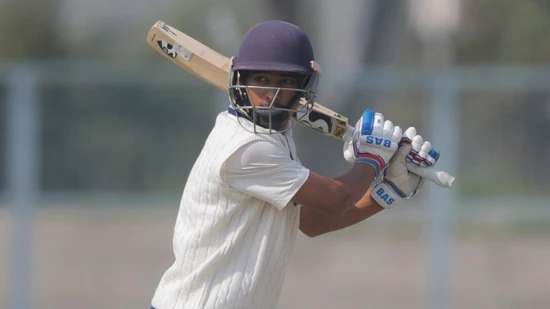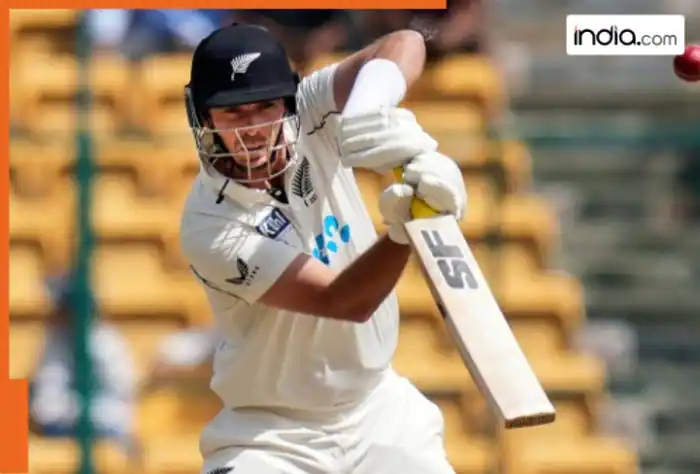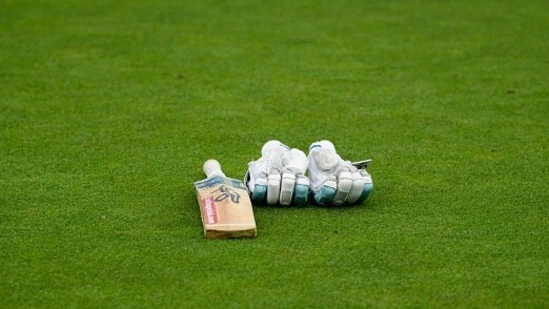Divine ecstatic as New Zealand's fate in semi-finals now in their grasp
Sophie Devine has faced heartbreak twice before in the women's T20 World Cup, missing out on a semi-final berth due to an inferior net run-rate in 2014 and 2023. Unfortunately, history seems to be repeating itself as New Zealand finds themselves in a similar net run-rate scenario in the current edition of the tournament.
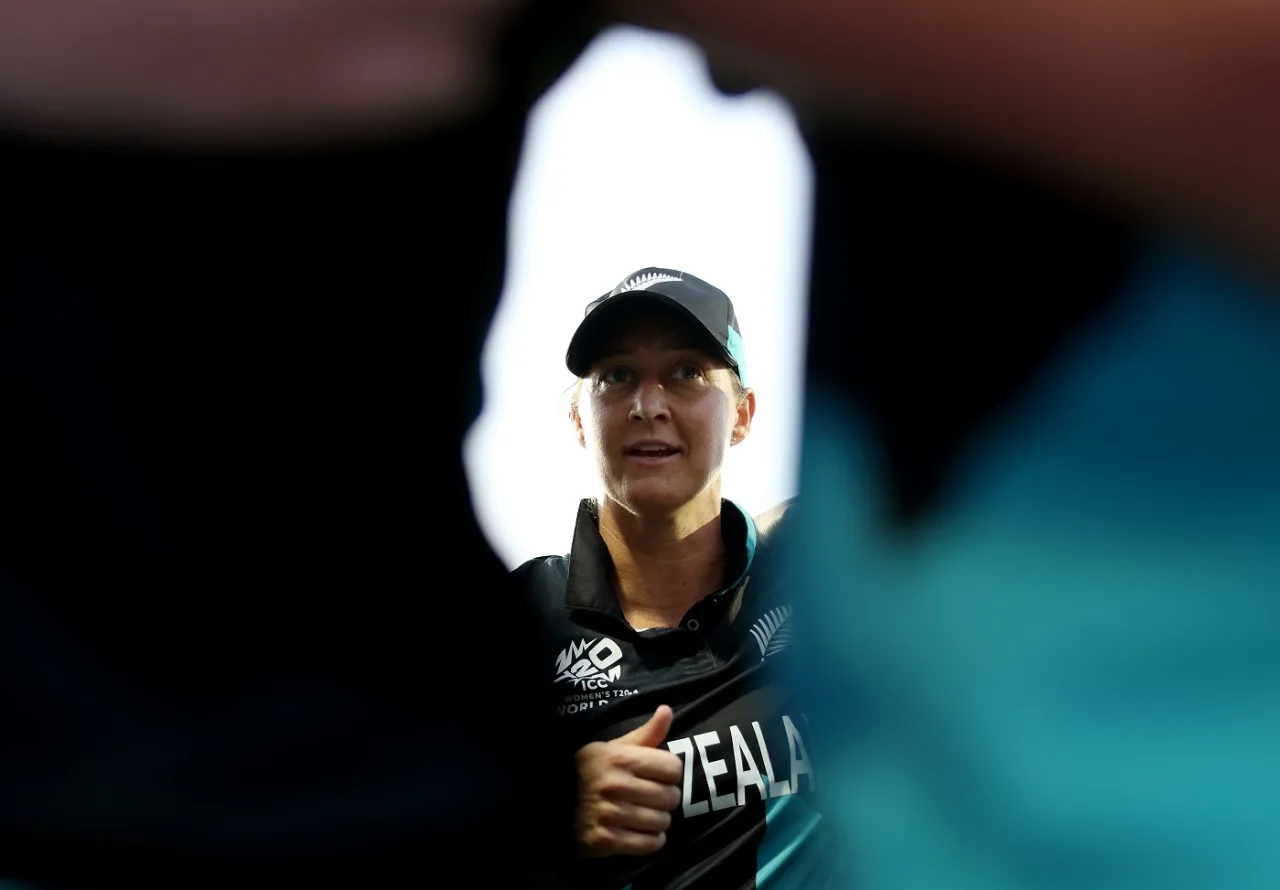
By Sunday evening, New Zealand would have a fair idea of what they should do to progress. An Indian win against Australia will mean they will have to beat Pakistan by a certain margin to qualify. India losing will mean they can beat Pakistan by any margin and qualify.
This may seem like a potentially sticky scenario to face, but Devine, the New Zealand captain, doesn't see it that way. "We're really pleased with the position we're in," she said ahead of the Pakistan match in Dubai. "I think if you asked us at the start of the tournament that we'd have fate in our hands in terms of the semi-finals race going into our last game, we would've taken it.
Related
Sana boost for Pakistan, Diana ruled out for must-win clash vs NZ
Plimmer beats the Sharjah conditions to give New Zealand what they need
What do India and New Zealand need to qualify for the semi-finals?
"I guess we're really fortunate as well that we play last in our pool. So, we know exactly where the situation will lie before we play [Pakistan]. For us it's simple, we reflect, review, watch the Australia game - "go, Aussie girls" - with a lot of interest. Hopefully our Aussie mates do us a favour."
New Zealand could've overtaken India's net run-rate had they achieved their target of 116 in 14.3 overs against Sri Lanka. Asked if that thought ever crossed their minds, Devine was clear they weren't "too focused" on that.
"I've seen it so many times in different competitions and different leagues where you start focusing on those little things like net run-rates, I've seen teams lose completely when they're in a position to win," she said. "Cricket has a funny way of biting you in the bum.
"We wanted to make sure that we won the [Sri Lanka] game, and we still did it comprehensively with a couple of overs to spare and wickets in hand. So, we're in a really good position where we know exactly where our ball is going to lie before our last game.
"If we've got to go about things slightly differently, we've got the options to do that with a squad that's really flexible, that we've got an order that can change and we've got a lot of spinners, a lot of bowlers that can come in and out of the side and do a job."
Devine was equally mindful of what Pakistan could do to them. Only last December, they beat New Zealand in New Zealand by a 2-1 margin in the T20Is. In the subsequent ODIs, Pakistan managed to tie the third game and take it into a Super Over before winning.
Monday's fixture could be an emotional one for Fatima Sana, who has returned to the UAE from Pakistan after attending her father's funeral. And Devine doesn't want to leave anything to chance against a team that can sting them.
"I think we'd be more concerned if there weren't issues to work on," she said. "So you're right, Pakistan, they've got a lot to play for in terms of pride, and obviously with Fatima Sana, you know, regards to her family for their loss, and them wanting to play for her.
"In World Cup games, you don't need any more motivation to get out of bed. So, we certainly know, maybe it's going to be a big ask and I guess our focus will be on us and making sure that we're focusing on how we're going to play."
The tournament has been up and down for New Zealand on the performances front. They broke a 10-match losing streak to beat India at the start of their campaign but stumbled against Australia to cancel out the net run-rate boost.
Against Sri Lanka, especially with Chamari Athapaththu going strong at the 10-over mark, it seemed as if New Zealand may have been staring at a 130-plus target, but they bounced back to restrict them to 115, which they chased down courtesy Georgia Plimmer's brisk half-century.
Asked about the wild fluctuations in fortunes, Devine underlined how they'd been trying to remain neutral through the highs and lows, rather than letting the emotions drain them in an already intense competition.
"It's a very Kiwi nature that we stay pretty placid, pretty calm," she said. "You can sometimes exhaust yourself riding the roller-coaster, especially at World Cups. Living on the emotions day to day can be pretty draining. So we spoke a lot about being really calm and level in this group and everyone's doing it slightly differently."
RELATED STORIES
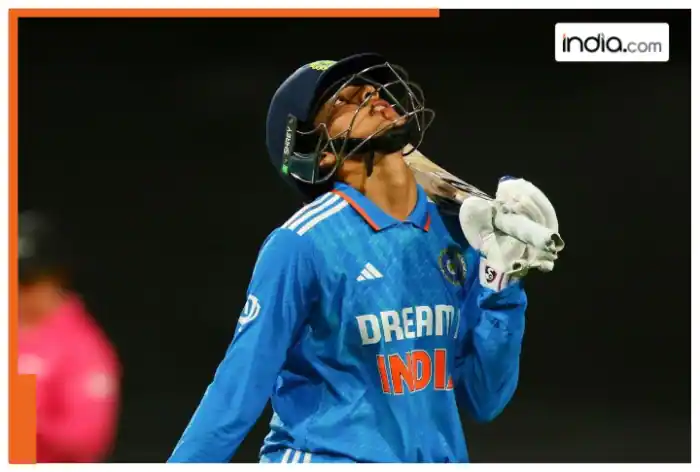

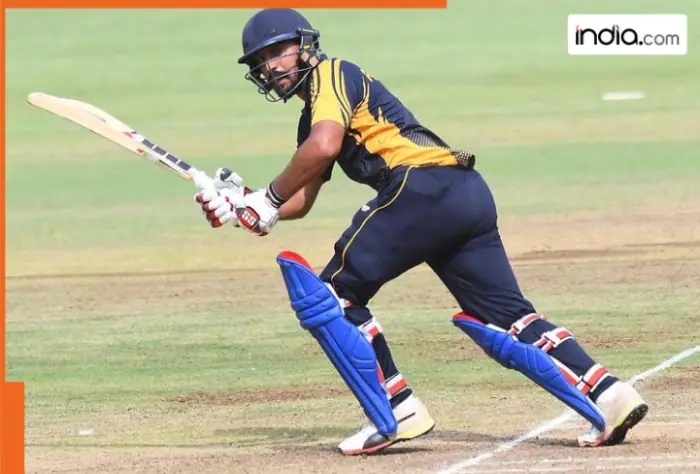
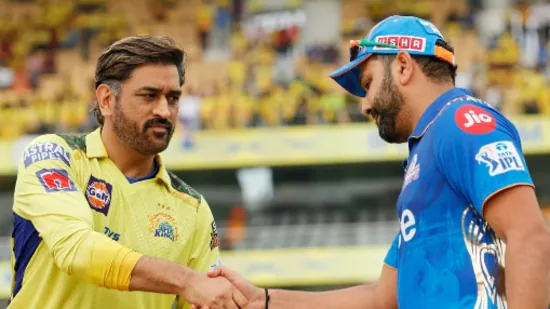
LATEST NEWS
